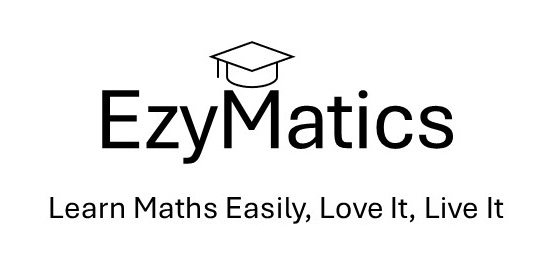GCSE maths can be challenging, but many students lose marks for reasons that have nothing to do with ability. Here are the 7 most common mistakes we see as tutors — and how you can avoid them.
1. Not showing working
Examiners often award marks for the method, not just the final answer. Always show your steps, even if you’re unsure of the solution. A correct method with a small arithmetic error can still earn most of the marks.
2. Rushing through questions
Careless mistakes happen when students don’t check their answers. Slow down and double-check calculations. Use any extra time at the end of the exam to revisit tricky problems.
3. Weak algebra skills
Algebra underpins much of GCSE maths. Practice expanding brackets, factorising, and rearranging equations regularly. These core skills make topics like quadratics, graphs, and simultaneous equations much easier.
4. Misreading the question
Many students lose marks by answering the wrong thing. Always highlight keywords in the question (like simplify, estimate, show that) and check what the exam is really asking. For word problems, take a moment to translate the text into maths before solving.
5. Poor exam technique
Leaving too many blank spaces is a common mistake. Attempt every question, even if you’re not sure — partial answers can still gain marks. Manage your time by skipping very hard problems at first and coming back later.
6. Forgetting to use calculators effectively
Some students rely too heavily on calculators, others avoid them. The key is balance: know when a quick mental calculation saves time, and when the calculator prevents errors. Always practise using the same calculator you’ll take into the exam.
7. Not revising with past papers
Understanding topics is one thing — applying them under exam pressure is another. Past papers build exam confidence, reveal common question styles, and highlight weak areas. They should be a core part of your revision strategy.
Final Thoughts
By being aware of these mistakes and practising consistently, students can build confidence and maximise their exam performance. The key is steady practice, smart revision, and learning from past errors.
If your child needs help preparing for GCSE Maths, we offer personalised online and in-person tutoring. Book a free consultation today and give them the tools to succeed.
